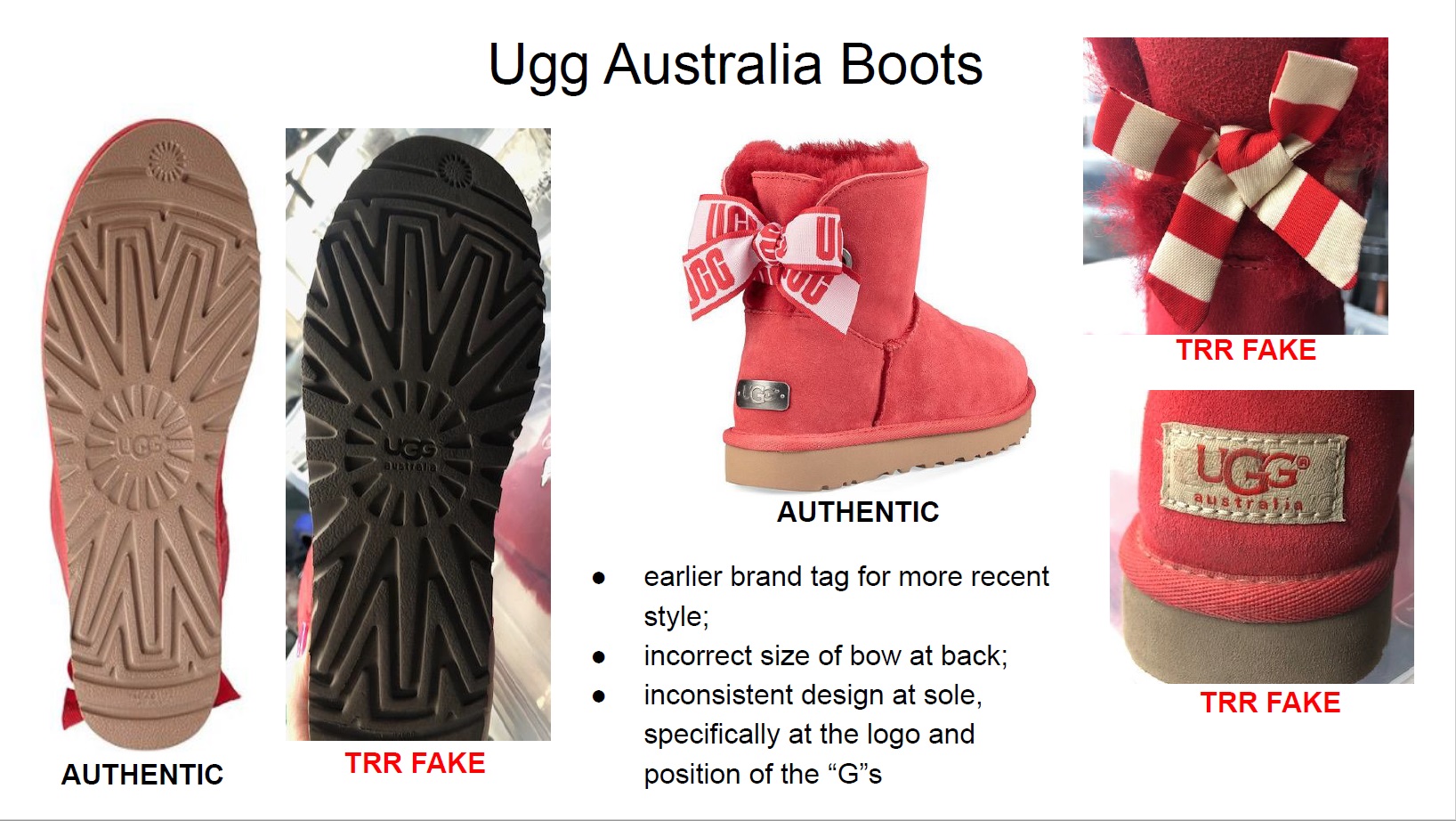The RealReal’s stock plunged by nearly 11%, shaving off more than $202 million in market value, on the day a CNBC investigation revealed problems in the company’s authentication process.
As of Tuesday’s market close, its stock is down 20.7% since the report on Nov. 5, or a loss of $384.5 million.
The company responded by saying its authentication was rigorous and constantly improving.
Julie Wainwright, CEO, The RealReal
Scott Mlyn | CNBC
But its own internal documents obtained by CNBC show how deep the problems have been for some time.
The RealReal, the world’s largest online consumer marketplace for luxury items, has touted that all its merchandise is “100% authentic” handled by a team of experts. But CNBC found many of the items on the site were being authenticated by copywriters with limited training, leading to mistakes.
Two days after the story aired, CEO Julie Wainwright emailed customers saying, “we strive for perfection but we may not be perfect every single time.”
She repeated that promise in an interview with Jim Cramer on CNBC’s “Mad Money” last week. The company, in a news release, said copywriters receive a minimum of 30 hours of training and review “low risk” brands, while “high risk” merchandise such as an Hermes Birkin bag are sent to expert authenticators.
But the internal documents obtained after the CNBC investigation find the company has a long way to go.
‘Faux and Tell’
The internal documents, called “Copywriting Faux and Tell,” are “a weekly recap of TRR published and returned counterfeits.” They were sent to copywriters at the company’s warehouse in Brisbane, California.
The company did not respond to CNBC’s request for comment about the documents, other than to say in an email, “We do not share specific details on our proprietary training programs.”
A total of 227 pages from the first and third quarters of 2019 show specific examples of what are labeled “TRR fakes.” The items include purported Louis Vuitton slides in a style that was never created. Ugg boots marked with the wrong logo and bow. Moncler track pants tagged with a label that says T-shirt. A separate pair of slides from “The Row” and a Valentino scarf were supposed to be made in Italy but the label on the TRR fakes say they were “made in China.”
Here is a look at some of the reports:

These fake Ugg boots have an incorrect label, bow and sole.

These fake Moncler track pants contain a label that says “T-shirt.”

This Valentino scarf should say “Made in Italy,” but the fake says “Made in China.”

These fake Jimmy Choo shoes misspell the brand as “Jimmy Ghoo” on the sole.
The reports offer a sampling of the types of counterfeit products that slipped through the company’s vetting process. These include mistakes that may appear to be obvious. For example, an employee missed Jimmy Choo flats that misspell the company’s name on the sole. It reads “Jimmy Ghoo.”
And a Gucci belt without any branding on the leather. The “GG” is described as a “garish” gold, in one of the company’s documents.
The “Faux and Tell” reports are divided into ready to wear, handbags, accessories and shoes. Some describe “inferior screws” and “incorrect hardware on a bag.” Others specify incorrect fonts on labels, sloppy interior stitching and a “strong chemical odor.”
The CNBC investigation revealed copywriters were working under a strict quota system, which they said led to obvious errors, similar to what is specified in these sample “Faux and Tell” reports.
In her recent comments, Wainwright has not addressed the quota system. In a news release issued on Nov. 13, she said, “we stand behind our business, and importantly, if our customers aren’t happy or if they ever question one of our products, we always make it right.”
While the documents were sent to copywriters at the company’s Brisbane, California warehouse, a former employee at the Secaucus, New Jersey warehouse told CNBC that she saw similar documents during presentations to staff. The RealReal also has a warehouse in Perth Amboy, New Jersey.
In a news release, The RealReal said its authentication team processed nearly 490,000 items and caught about 4,000 fakes in October alone. Another 139 products were rejected by the company’s quality control team before being posted.
She did not say how many fakes have been sold on The RealReal’s site or in its three retail stores. Publicly available financial reports also do not break down the number of fakes.
The company’s site said: “Online and in-store purchases may be returned online (except non-member and cash refund returns which must be made in-store). Online returns must be requested within 14 days of in-store purchase or shipment date and items must be received within 21 days of in-store purchase or shipment date. Items received after 21 days or with the security tag missing or removed cannot be returned.”
The company said it has sold more than 11.5 million items since it started eight years ago.
The RealReal has advertised on its Facebook page that it “is the leader in authenticated luxury consignment. With an expert behind every item, we ensure everything we sell is 100% real.”
The reference to “100% real” was removed from the page on Nov. 5, the day the CNBC investigation aired.
Claims of everything “100% authentic” also have been scrubbed from the company’s website.
Analysts have said that if customers don’t trust the authentication process, that would likely have a negative impact on the stock.
Wainwright has said 82% of its gross merchandise volume is from repeat buyers and 81% is from repeat consignors, indicating there is a high trust in the company.
In a research note dated Nov. 4, Cowen Equity Research was upbeat.
“Authentication has been an area of investor concern; however, we believe REAL is the only player that can currently authenticate luxury goods across various categories with scale, and REAL continues to invest behind detecting counterfeits,” the Cowen report said.
Please email tips to investigations@cnbc.com.

